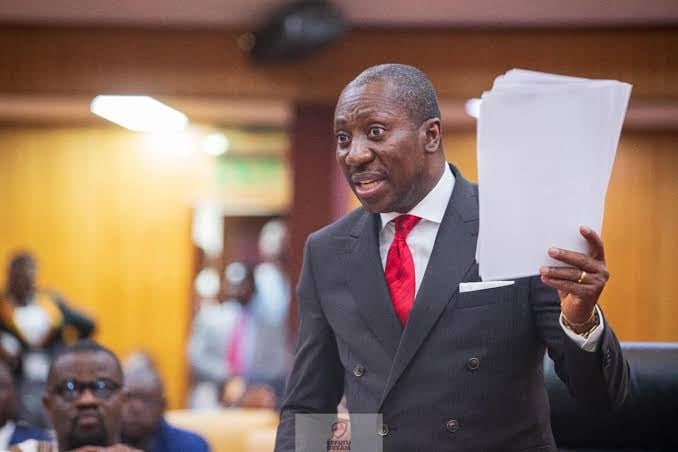Alexander Afenyo-Markin, the Minority Leader in Parliament, has launched a pointed critique of the National Democratic Congress (NDC) government’s performance on job creation, nearly a year after their return to power. He highlighted the NDC’s campaign promises centered on addressing youth unemployment, contrasting them with what he perceives as a lack of tangible progress and a dearth of evidence demonstrating any significant impact on the unemployment rate. Speaking at the Young Commons Forum at the University of Education, Winneba, Afenyo-Markin directly challenged the government to substantiate its claims with concrete data, questioning whether they have genuinely reduced unemployment or, conversely, if the situation has worsened under their leadership. This challenge serves as a public demand for accountability and transparency regarding the government’s employment initiatives and their effectiveness.
Afenyo-Markin’s critique extends beyond the immediate issue of job creation to encompass a broader concern about the political landscape in Ghana. He argues that politicians often squander the initial public trust and goodwill they receive upon assuming office, diverting their focus from fulfilling campaign promises to engaging in partisan political battles and attempts to discredit their opponents. This tendency, he suggests, undermines the democratic process and betrays the mandate given to them by the electorate. He emphasized the importance of treating the public mandate with seriousness and prioritizing the needs and aspirations of the citizens who placed their trust in them, rather than using their position for political maneuvering and score-settling. This, according to Afenyo-Markin, represents a fundamental betrayal of the public trust and a deviation from the core responsibility of elected officials.
The Minority Leader’s address to the students at the University of Education carried a strong message urging young people to actively engage in holding their leaders accountable. He emphasized the crucial role of constructive civic engagement in driving national development and ensuring that political leaders remain focused on delivering on their promises. He underscored the importance of a vigilant and informed citizenry that actively participates in the political process, demanding transparency and tangible results. His call to action resonates with the growing demand for greater accountability and responsiveness from political leaders across the country.
Afenyo-Markin’s remarks can be interpreted as a reflection of a wider sentiment of skepticism and concern regarding the NDC’s handling of the unemployment crisis. His public questioning of the government’s record serves as a challenge not only to the ruling party but also as a reminder to the electorate of the promises made during the campaign. This emphasis on accountability underscores the importance of holding elected officials responsible for their commitments and ensuring that their actions align with the expectations and needs of the citizens they represent. It is a call for transparency and a demand for evidence-based governance.
The focus on youth unemployment highlights a particularly pressing issue in Ghana. With a significant portion of the population comprising young people, creating opportunities for meaningful employment is crucial for economic stability and social progress. Afenyo-Markin’s criticism suggests a perception that the government’s efforts in this area have been insufficient, failing to translate campaign rhetoric into tangible results. This raises questions about the effectiveness of the government’s policies and strategies for addressing this critical challenge. His remarks serve as a call for more robust and demonstrably effective measures to tackle youth unemployment and create a more promising future for the country’s young population.
Afenyo-Markin’s address at the Young Commons Forum serves as a reminder of the important role that young people play in shaping the political landscape of Ghana. By encouraging active participation and demanding accountability, he empowers the youth to become agents of change and to hold their leaders responsible for delivering on their promises. This call for engagement underscores the importance of a vibrant and informed citizenry in ensuring that the government remains responsive to the needs of the people. It reinforces the idea that the future of Ghana rests on the shoulders of its young people and their active involvement in the political process.


